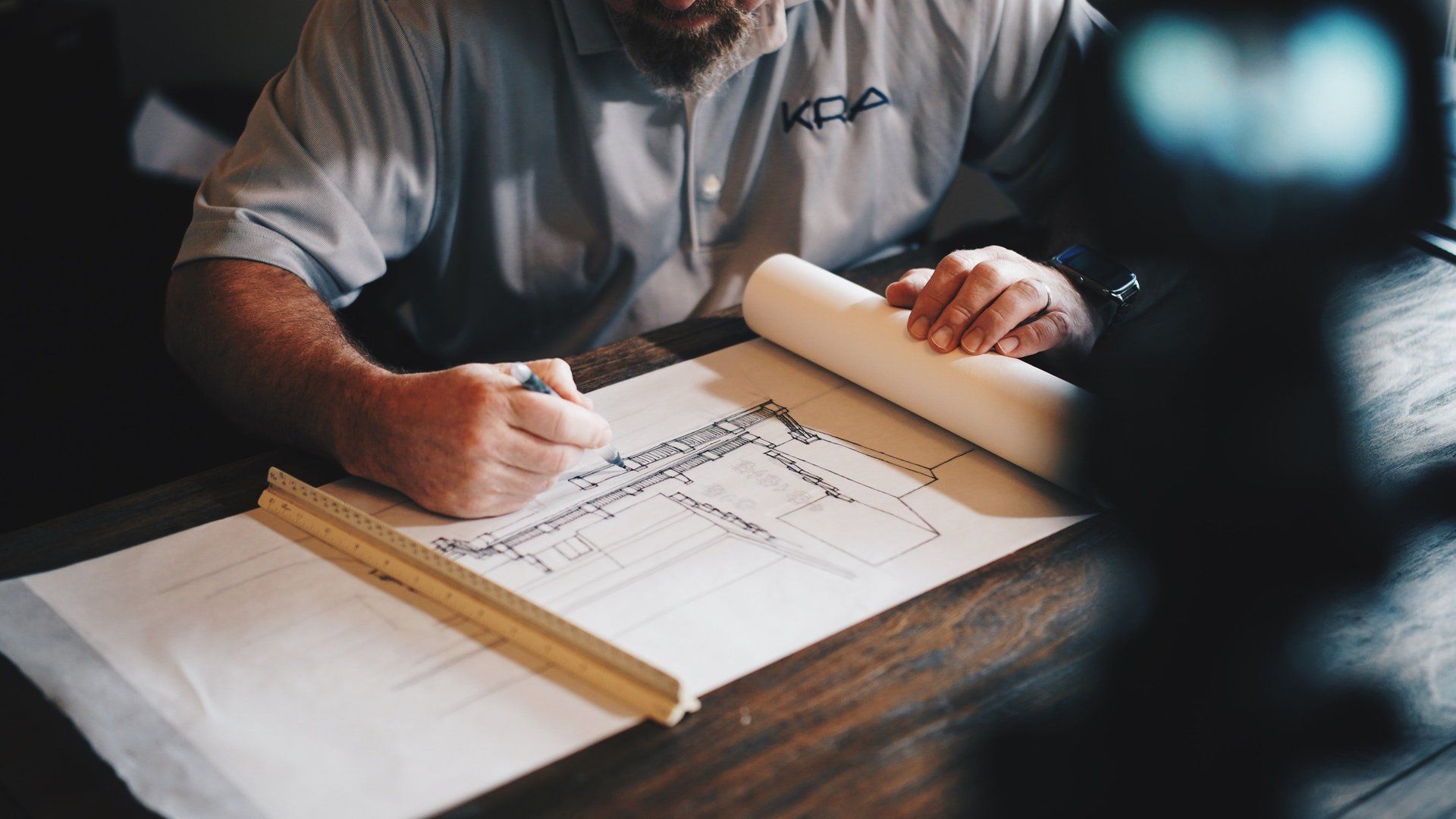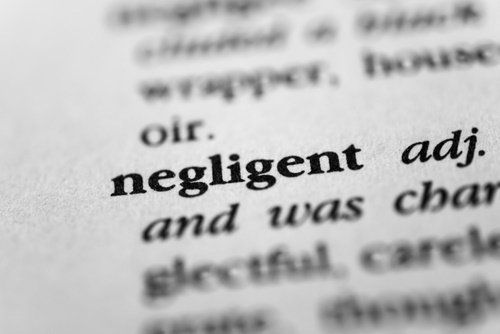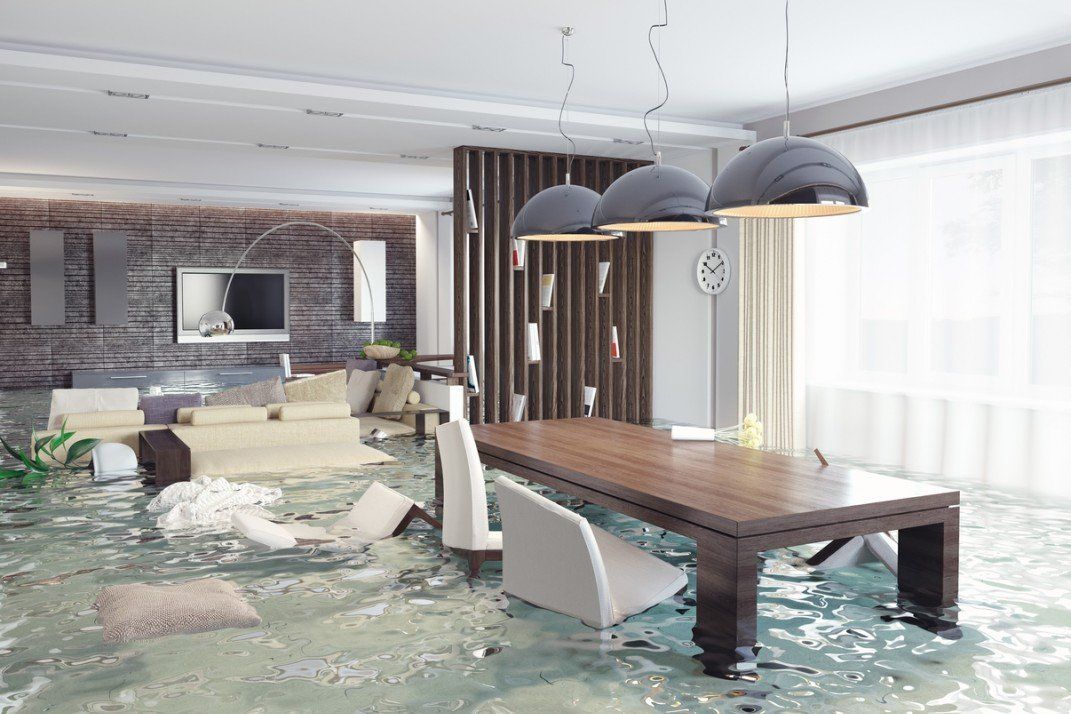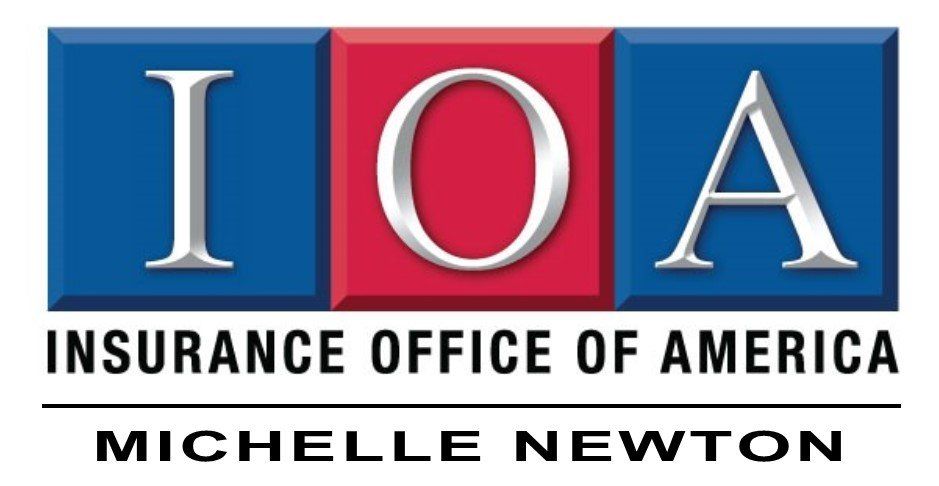Condominium Association vs. Unit Owner Responsibility

Insurable Event vs. Maintenance
Before we can determine responsibility, we must first determine if the event that caused the damage is an "insurable event" or a "maintenance event".
Insurable Event
- Sudden & Accidental
- Result of a covered cause of loss
- Examples include: wind, hail, fire, pipe rupture, lightning, etc.
- Responsibility: Governed by FL Statute
Maintenance Event
- Damages caused by issues that have occurred over a period time
- Typically from wear/tear/deterioration or lack of maintenance
- Examples include: water damage that persists for more than 14 days, mold that is not caused by pipe leak or burst but rather by excess moisture within a unit due to improper climate control, roof leaks due to lack of maintenance
- Responsibility: Governed by the maintenance provisions of the Association's declarations or bylaws
FL Statute 718.111 (11):
(j) Any portion of the condominium property that must be insured by the association against property loss pursuant to paragraph (f) which is damaged by an insurable event shall be reconstructed, repaired, or replaced as necessary by the association as a common expense. In the absence of an insurable event, the association or the unit owners shall be responsible for the reconstruction, repair, or replacement as determined by the maintenance provisions of the declaration or bylaws. All property insurance deductibles and other damages in excess of property insurance coverage under the property insurance policies maintained by the association are a common expense…

Reconstruction Following a Loss
Unit Owners are NOT AUTHORIZED to proceed with ANY reconstruction work following a property loss without prior written consent of the board.
Such work may be conditioned upon:
- the approval of the repair methods,
- the qualifications of the proposed contractor,
- the contract being used for that purpose,
- obtaining all required permits before commencing reconstruction.
Unit owners are responsible for the cost of reconstruction of any portions of the condominium property for which they are required to carry property insurance, or for which the unit owner is responsible under Statute 718.111 (11) paragraph (j), as it pertains to negligence.
The cost of any such reconstruction work undertaken by the association is chargeable to the unit owner and enforceable as an assessment and may be collected in the manner provided for the collection of assessments pursuant to s. 718.116.
***Homeowner's Associations: Check your Association's governing documents to determine whether there are guidelines for reconstruction following a loss.
FL Statute 718.111 (11):
1. All reconstruction work after a property loss must be undertaken by the association except as otherwise authorized in this section. A unit owner may undertake reconstruction work on portions of the unit with the prior written consent of the board of administration. However, such work may be conditioned upon the approval of the repair methods, the qualifications of the proposed contractor, or the contract that is used for that purpose. A unit owner must obtain all required governmental permits and approvals before commencing reconstruction.
2. Unit owners are responsible for the cost of reconstruction of any portions of the condominium property for which the unit owner is required to carry property insurance, or for which the unit owner is responsible under paragraph (j), and the cost of any such reconstruction work undertaken by the association is chargeable to the unit owner and enforceable as an assessment and may be collected in the manner provided for the collection of assessments pursuant to s. 718.116.

Association vs. Unit Owner Responsibility - The Unit
Let me first emphasize that these sections pertain to damages from insurable events, not related to flood. Please see the FLOOD tab for resposibility as it pertains to damages from rising water.
Per Statute, in the case of an insurable event, the Unit Owner is responsible for the repair or replacement of:
- Personal property within the unit
- Floor, wall, & ceiling coverings
- Electrical fixtures
- Appliances
- Water heaters
- Water filters
- Built-In cabinets & countertops
- Window treatments
- Replacements of any of the above which are located within the boundaries of the unit and serve only one unit
Which means that the Association is responsible for anything not listed above.
As a general rule, the Unit Owner is responsible for everything from the Paint-In. When it comes to electrical or plumbing, if I can see and touch it from within the unit without penatrating a wall or "boundary", then it is the Unit Owner's to repair/replace.
The Association is responsible for mudded/taped bare drywall, bare floors, and bare ceiling going outward through the exterior, including windows/sliders. When it comes to plumbing and electrical, if it is behind a wall, regardless of whether it serves only 1 unit or where that wall is located, it is the Association's to repair or replace.
In addition, since Air Conditioners are not listed as Unit Owner responsibility, they become Association responsibility to repair/replace in the case of an insurable event such as lightning, wind, fire, etc.
***Homeowner's Associations: FL Statute 720 which regulates HOA's does not specify responsibility, so it will vary from Association to Association. Check your Association's governing documents to determine insurable responsibility as well as maintenance responsibility.
FL Statute 718.111 (11):
(f) Every property insurance policy issued or renewed on or after January 1, 2009, for the purpose of protecting the condominium must provide primary coverage for…
3. The coverage must exclude all personal property within the unit or limited common elements, and floor, wall, and ceiling coverings, electrical fixtures, appliances, water heaters, water filters, built-in cabinets and countertops, and window treatments, including curtains, drapes, blinds, hardware, and similar window treatment components, or replacements of any of the foregoing which are located within the boundaries of the unit and serve only such unit. Such property and any insurance thereupon is the responsibility of the unit owner.

Improvements & Betterments
In the case of an insurable event, the Unit Owner is responsible for everything aforementioned, and:
- Any individual improvements installed by a current or former owner of the unit (or by the developer) if the improvement benefits only that unit
- Any individual improvements that differ in like/kind/quality from what was originally installed in accordance with the original plans and specs
Examples include:
- screened porch that was enclosed with glass and made into a sunroom
- shutters
- structural changes to the layout of the unit (IE: if a wall is added, that wall is now the responsibility of the unit owner, including drywall)
***Homeowner's Associations: FL Statute 720 which regulates HOA's does not specify responsibility, so it will vary from Association to Association. Check your Association's governing documents to determine insurable responsibility as well as maintenance responsibility.
Florida Statute 718.111 (11):
(f) Every property insurance policy issued or renewed on or after January 1, 2009, for the purpose of protecting the condominium must provide primary coverage for…
1. All portions of the condominium property as originally installed or replacement of like kind and quality, in accordance with the original plans and specifications.
2. All alterations or additions made to the condominium property or association property pursuant to s. 718.113(2). ***material alterations made by association***
(n) The association is not obligated to pay for any reconstruction or repair expenses due to property loss to any improvements installed by a current or former owner of the unit or by the developer if the improvement benefits only the unit for which it was installed and is not part of the standard improvements installed by the developer on all units as part of original construction, whether or not such improvement is located within the unit.

Negligence
In the case of an insurable event, the Unit Owner is reponsible for everything aforementioned, and any portion of the condominium property not paid by insurance proceeds if the damage is caused by:
- Intentional conduct
- Negligence
- Failure to comply with the terms of the declaration or rules of the association by a: Unit Owner, their family members, unit occupants, tenants, guests or invitees
I cannot stress this enough: just because the damage originated from someone else does not automatically make them “negligent”.
As a rule of thumb, everyone is responsible for the damage to their own property unless the courts have stated otherwise by way of a law suit or subrogation claim.
If you as the Association or Unit Owner believe that someone else is "negligent" in causing your property damage, you have 3 options:
- Write a demand letter to the other party identifying the reasons why you feel them to be responsible and requesting payment. (If you're the Association, run this past your attorney first.) Just know that this letter may end up in the trash with no real recourse since payment has not been court ordered.
- File a claim on your property policy. Your insurance carrier will pay for the damages, less your deductible. If your insurance carrier believes that another party may be negligent, TRUST ME, they will subrogate against the responsible party to recover their expenses and your deductible.
- If you are the Unit Owner and chose to self-insure, you can hire an attorney to send a demand letter and file suit if necessary. The accused party can file the claim on their Personal or General Liability policy (unless they too are self-insured).
Per FL Statute, another form of negligence is “failure to comply with the terms of the declaration or the rules of the association”. If the association has within their declaration or rules that the owner must turn off the water if gone for a certain period of time, or have the unit checked when vacant, or keep the air conditioner at a certain temperature and the unit owner fails to comply, they can be deemed negligent for the damages they caused through one of the channels listed above.
FL Statute 718.111 (11):
(j) 1. A unit owner is responsible for the costs of repair or replacement of any portion of the condominium property not paid by insurance proceeds if such damage is caused by intentional conduct, negligence, or failure to comply with the terms of the declaration or the rules of the association by a unit owner, the members of his or her family, unit occupants, tenants, guests, or invitees, without compromise of the subrogation rights of the insurer.

Flood
Forget everything that you just learned about responsibility as it pertains to Property or Hazard Insurance.
Flood insurance is COMPLETELY different. This is because flood insurance is generally through the FEMA National Flood Insurance Program or a private policy designed to mimic the program, which pays no mind to our little Florida Statute.
The condominium association's flood policy or RCBAP (Residential Condo Bldg Assn Policy) insures against direct physical loss by or from flood to:
- The residential condo building
- All the units within the building
- The improvements within the units
The RCBAP also insures the following fixtures, machinery & equipment:
- Blinds; carpet; air conditioners; light fixtures; permanently installed cupboards, bookcases, paneling & wallpaper; wall mirrors permanently installed;
- Built-in dishwashers & microwaves; garbage disposal units; hot water heaters, including solar; kitchen cabinets; plumbing fixtures; ranges; refrigerators; stoves
- And a few more...see RCBAP for complete list
Which means that if the Association already has an RCBAP, the Unit Owner is only responsible for:
- Personal Contents: Clothing, electronics, furniture, etc.
- Washer/Dryer (since they're not listed in the RCBAP)
So the Association's flood policy covers the building and everything that's permanently attached within the building.
Picture it's moving day...everything loaded onto the moving truck is unit owner responsibility (including the washer/dryer) - everything left in the unit is Association.
Now let's say that you have a really fancy unit, and want to purchase some more building coverage in the event that the Association's is not enough. You might be able to do that...maybe. You see, FEMA only permits insuring $250,000 per unit, between the Association and the Owner. So if your Assn has already purchased $200,000, the max you could get would be $50,000. If they've already purchased $250,000, you'll have to go to a private flood market (Lloyds of London most likely) to purchase an Excess Flood Policy.
If you believe that rising water may actually reach your floor, you could consider purchasing a "contents only" flood policy to cover your personal belongings. You can purchase up to $100,000 (regardless of Assn limits) but keep in mind that claims are settled only on an Actual Cash Value or Depreciated Value basis - no Replacement Cost.
***Homeowner's Associations: HOA's are not eligible for the RCBAP. Each unit must be insured on a separate policy in the name of the owner, listing the Association as an additional insured, as their interest may appear.
